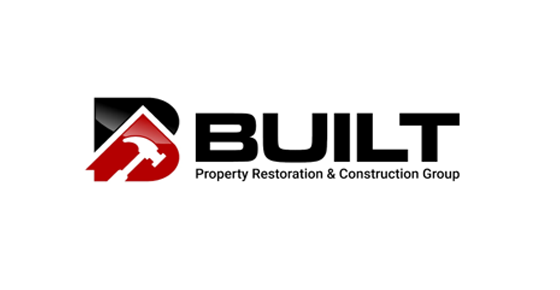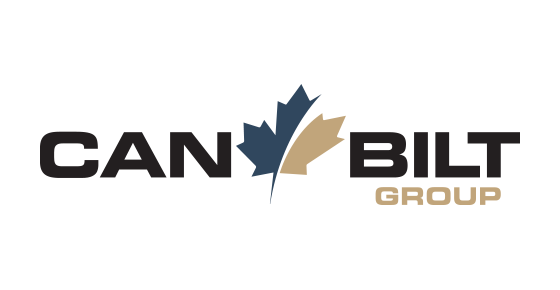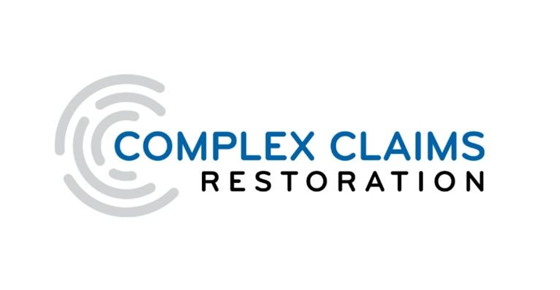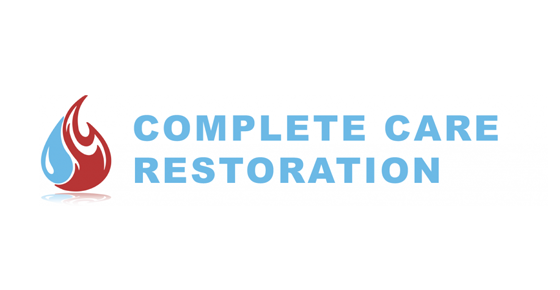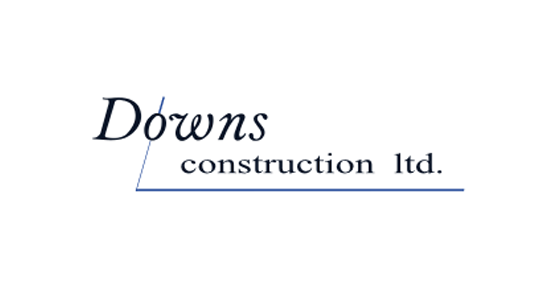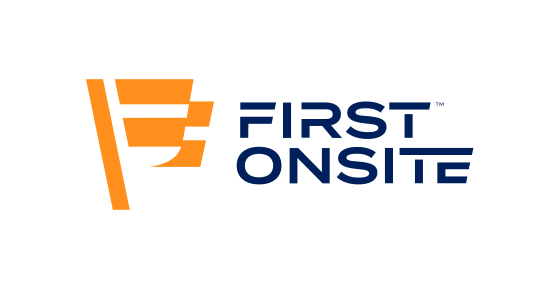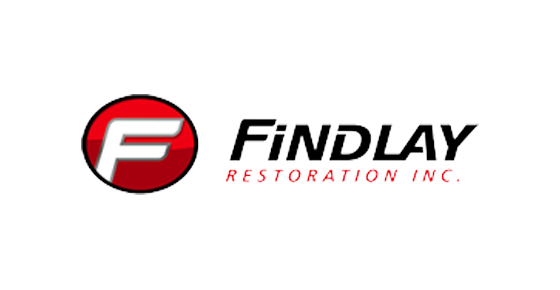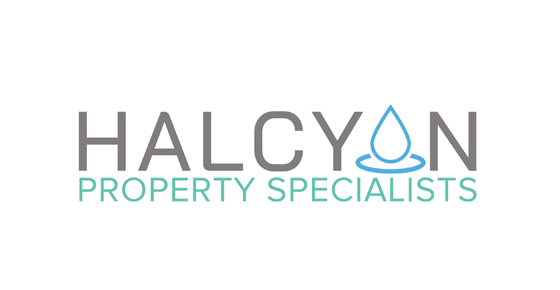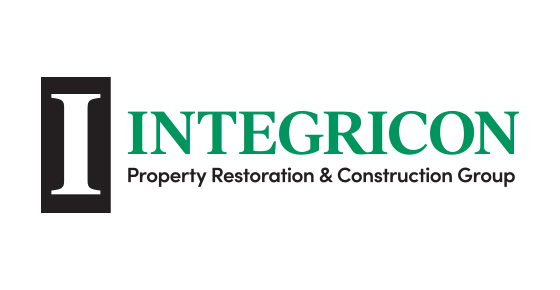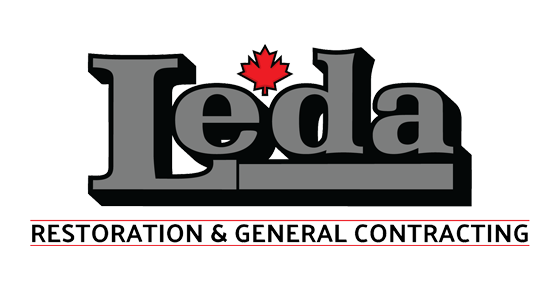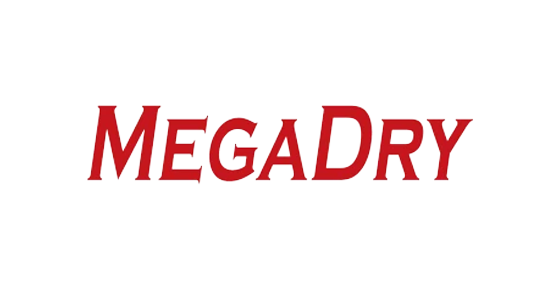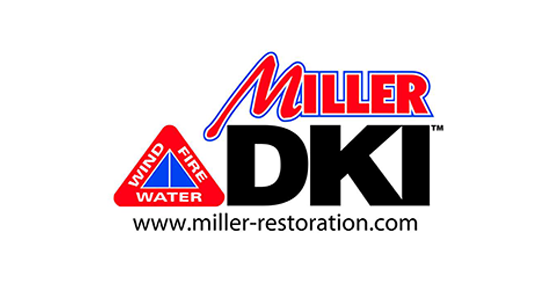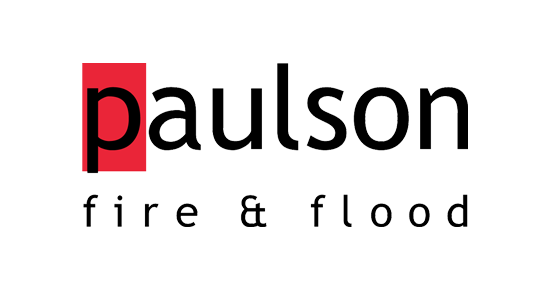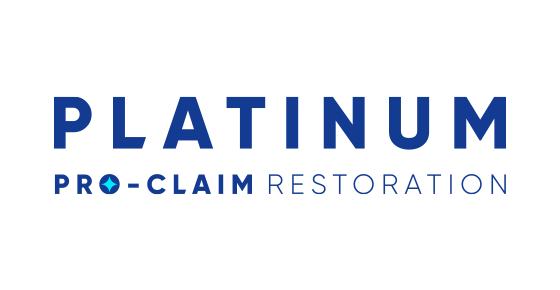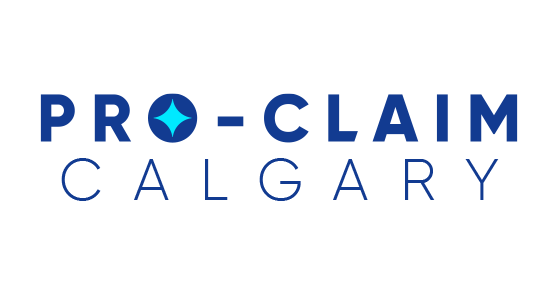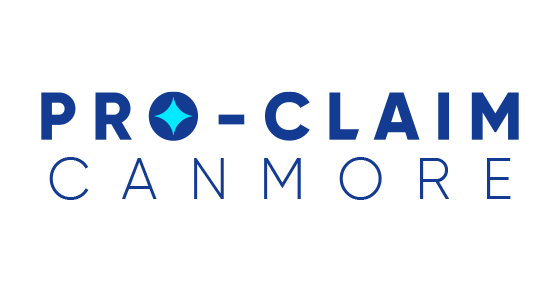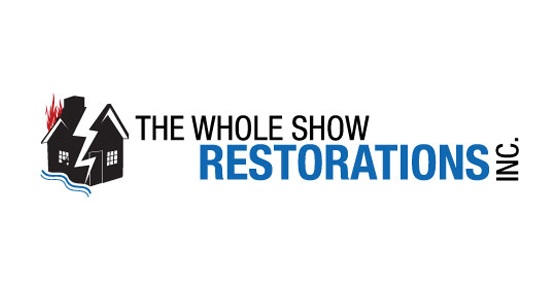Real Data | Action | Results
Measure, Manage & Reduce Insurance Claims Supply Chain Carbon Emissions

EcoClaim allows insurance companies to measure, manage and reduce Scope 3 emissions in their claims supply chain.
EcoClaim’s solution is centered on Real Data, Action, and Results.
Our software and training provides insurers with the tools to:
- Accurately measure Scope 3 emissions on a per claim basis
- Take decisive action to reduce Scope 3 emissions on every claim
- Track avoided emissions
- Reduce claims costs
Why Sustainability Is So Important For The Insurance Industry Claims Supply Chain
Climate Change Impacts Insurers and Claims Service Providers
Emissions generated from direct operations and claims account for 45% of insurers Scope 3 GhG emissions.
The prevalence and extremity of climate accelerated catastrophes are on the rise. The result is an increase in the frequency and severity of insurance claims, which causes significant financial impacts on insurers.
Scope 3 emissions regulatory reporting and disclosure mandates are a reality worldwide. Insurers are beginning to require Scope 3 emissions data measurement and reporting from vendors and service providers across their supply chains.
EcoClaim helps insurers to not only measure Scope 3 emissions in their claims supply chain, but also to actively reduce these emissions and track the reduction efforts on a per claim basis. This is the future of insurance claims.
How EcoClaim Helps
Industry leading TRAX software enables seamless Scope 3 emissions data collection directly from the supply chain.
EcoClaim provides related sustainability training, developed by industry leading experts.
This training creates environmental awareness and teaches supply chain members how to measure, manage and reduce Scope 1, 2 and 3 GhG emissions throughout the insurance claims supply chain. Training also supports the use and adoption of our software product TRAX.
Measure, Manage and Reduce Scope 3 Emissions
Fulfill Scope 3 carbon emissions reporting requirements with data sourced directly from vendors throughout the insurance claims supply chain.
EcoClaim’s seamless integration with industry software leaders makes field level data collection easy for contractors, adjusters, brokerers and MGA’s and other stakeholders in the insurance company Scope 3 emsissions supply chain for insurance claims.
Getting Results
EcoClaim’s complimentary 1:1 success coaching acts as as a fractional vendor manager assisting insurers with product implementation.
Groundbreaking tools, such as our certified recycler directory, ensure that contractors can effectively access the resources they need to take control of Scope 1, 2 and 3 emissions and begin to measure, manage, reduce their carbon footprints.
EcoClaim’s TRAX software facilitates emissions measurement and management and provides valuable information for an insurers Scope 3 emissions reporting requirements.
Service Areas
Training & Certification
Results are driven by education. EcoClaim provides ongoing training and certification related to sustainability and focused on the insurance industry. CE credits are available.
Software
EcoClaim’s TRAX Scope 3 emissions measurement, management and reporting software makes mobile data entry easy and supports secure data exchange across the insurance industry claims supply chain.
Exchange
EcoClaim Exchange is a marketplace for sustainable goods and services that support our clients efforts to measure, manage and reduce their emissions. Find everything from high quality carbon offsets to recyclable bags.
Customers

Contractors

Insurance Industry

MGA, TPA, Adjuster, Broker

Recyclers
Resources
Industry Partners
Insurance and Claims Ecosystem Customers
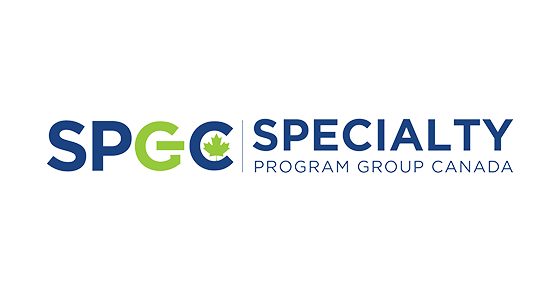
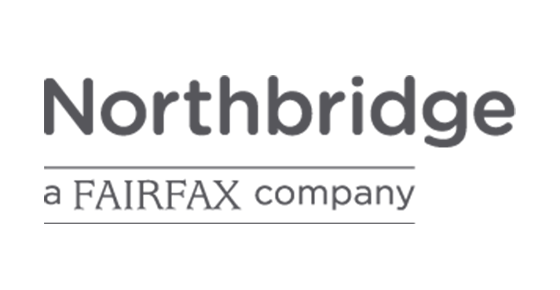
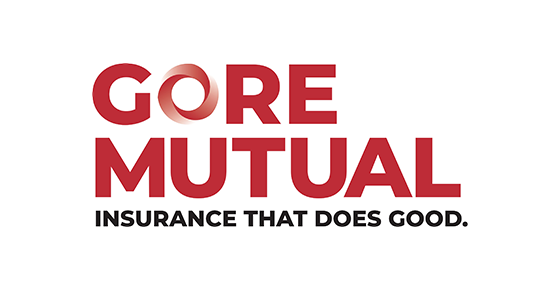
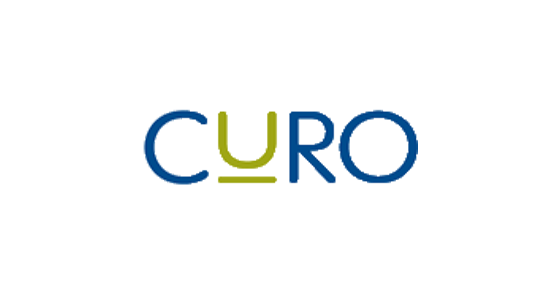
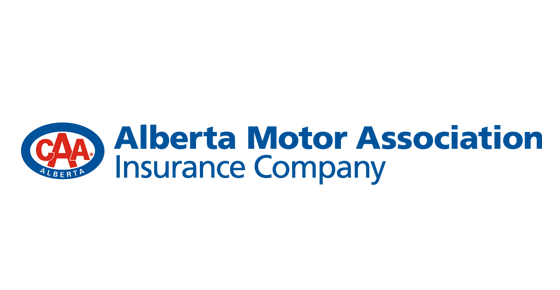















Certified Contractor Network


